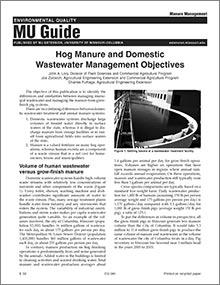

Hog Manure and Domestic Wastewater Management Objectives
Reviewed
The objective of this publication is to identify the differences and similarities between managing municipal wastewater and managing the manure from grow-finish pig systems.
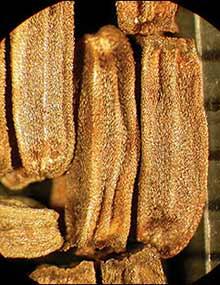
Missouri Weed Seeds, Page 22
Reviewed
The only two members of Dipsacaceae (Teasel family) that are known to occur in Missouri are cutleaf and common teasel.
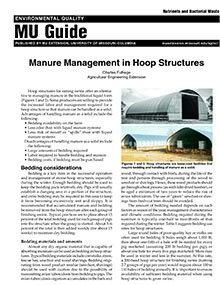
Manure Management in Hoop Structures
Reviewed
Learn how to manage manure in swine hoop barns with proper bedding, handling methods, and solid manure storage practices.
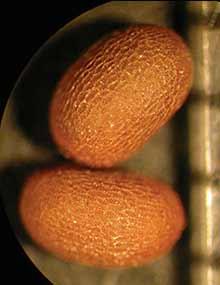
Missouri Weed Seeds, Page 25
Reviewed
The majority of Geraniaceae (Geranium family) plants present in Missouri are geraniums. There are at least five species known to occur in the state.
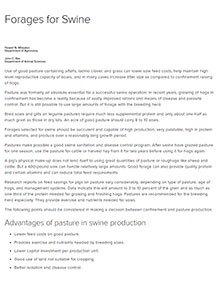
Forages for Swine
Reviewed
It is still possible to use large amounts of forage with the breeding herd. Visit our site to learn about using Forages for Swine.
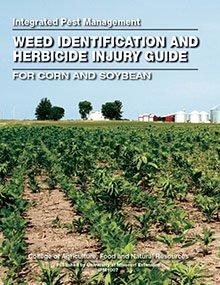
Weed Identification and Herbicide Injury Guide for Corn and Soybean
Reviewed $37
Weeds can significantly reduce corn and soybean yields. View photos of 141 weed species at different stages of development and learn to identify them in this publication. Also see photos and descriptions of symptoms for herbicide-injured plants.
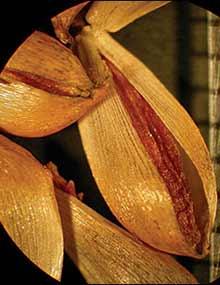
Missouri Weed Seeds, Page 28
Reviewed
Besides being considered weedy plants, several members of Liliaceae (Lily family) are commonly cultivated. Such members include asparagus, yucca and many cultivars of daylilies.
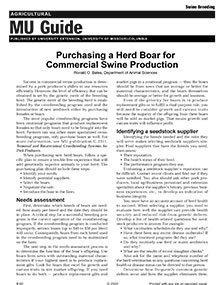
Purchasing a Herd Boar for Commercial Swine Production
Reviewed
Selecting the right herd boar is crucial for enhancing genetics in commercial swine production. This guide outlines key steps for successful boar acquisition.

Calibrating Manure Spreaders
Reviewed
This guide provides practical steps to accurately calibrate manure spreaders, ensuring efficient nutrient application and environmental compliance.
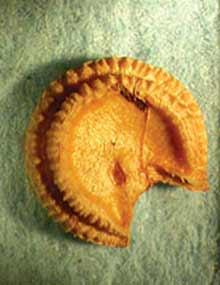
Missouri Weed Seeds, Page 31
Reviewed
Although there are about 75 genera of Menispermaceae (Moonseed famiy), Missouri has only three known genera.
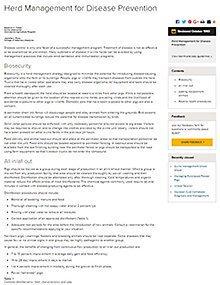
Herd Management for Disease Prevention
Reviewed
This publication provides guidance on preventing disease in swine herds through biosecurity measures, sanitation, and immunization programs.
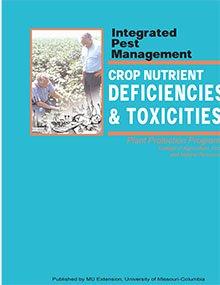
Crop Nutrient Deficiencies and Toxicities
Reviewed
Editor's note
The following abstract describes a publication that is only available as a downloadable PDF.
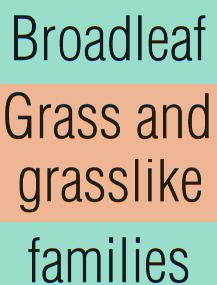
Missouri Weed Seeds, Page 02
Reviewed
See the common names of the broadleaf and the grass and grasslike plant families covered in this publication.
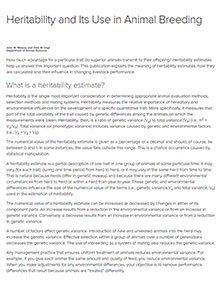
Heritability and Its Use in Animal Breeding
Reviewed
Heritability has a large influence on livestock performance. Visit our website to learn about Heritability and Its Use in Animal Breeding.
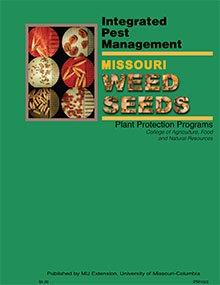
Missouri Weed Seeds
Reviewed
Positive identification of pests, including weeds, is the first step in a sound integrated pest management program. This publication can aid in identifying weeds by their seed characteristics.
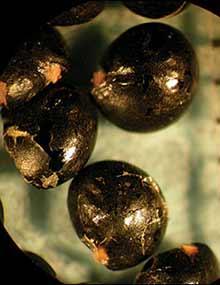
Missouri Weed Seeds, Page 34
Reviewed
Phytolaccaceae (Pokeweed family) is a relatively small plant family that has only one genus occurring in Missouri, common pokeweed.
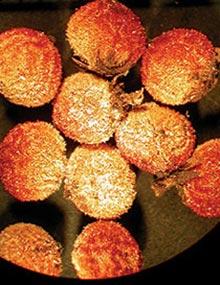
Missouri Weed Seeds, Page 05
Reviewed
In addition to several sumac species, poison ivy is a member of the Cashew family (Anacardiaceae) and is widespread throughout the state.
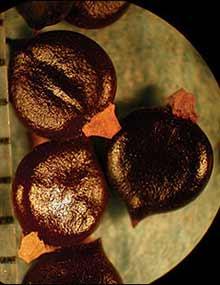
Missouri Weed Seeds, Page 37
Reviewed
Identify smartweed species like wild buckwheat and curly dock using images and seed details for accurate comparison.
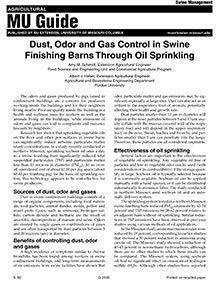
Dust, Odor and Gas Control in Swine Finishing Barns Through Oil Sprinkling
New
Sprinkling soybean oil in swine barns reduces dust, ammonia, and odors, improving air quality for workers and animals at a low cost per pig.
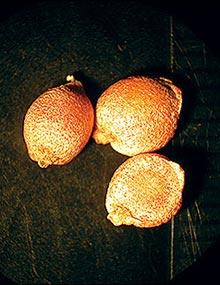
Missouri Weed Seeds, Page 08
Reviewed
The two most prevalent members of the arum family (Araceae) are jack-in-the-pulpit and the closely related green dragon, both found throughout the state.
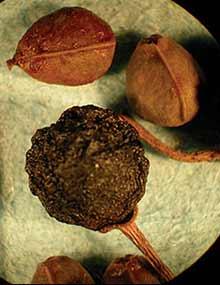
Missouri Weed Seeds, Page 40
Reviewed
Rhamnaceae (Buckthorn family) has three genera found in the state; Rhamnus spp. or buckthorn is the more common with three species.
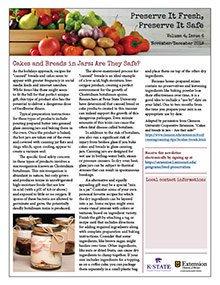
Preserve It Fresh, Preserve It Safe: 2018, No. 6 (November/December)
New
Tips for stress-free holiday food-prep and gifting: Gift dry cake and bread mixes layered in jars. Label home canned food gifts for safety. Prepare and freeze foods for dinner ahead of time. Learn more in this University of Missouri Extension newsletter.
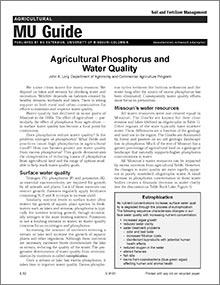
Agricultural Phosphorus and Water Quality
Reviewed
This guide demonstrates the complexities of reducing losses of phosphorus from agricultural land and the range of options available to help reach water quality goals.
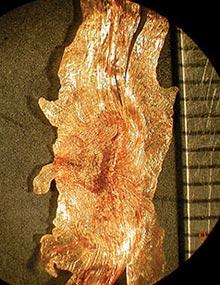
Missouri Weed Seeds, Page 11
Reviewed
Besides trumpetcreeper, there are few species of catalpa that are present in this family (Bignoniaceae) in Missouri.
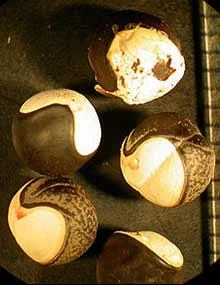
Missouri Weed Seeds, Page 43
Reviewed
Sapindaceae (Soapberry family) has only two genera present in the state and is not common, although there are about 140 members worldwide.